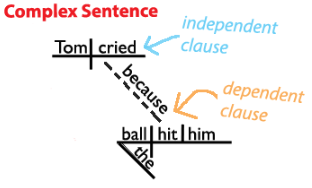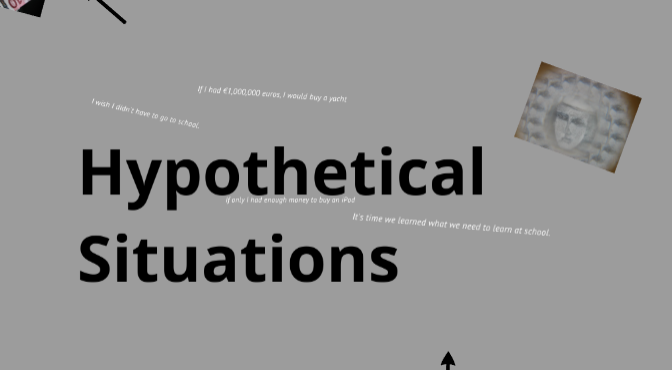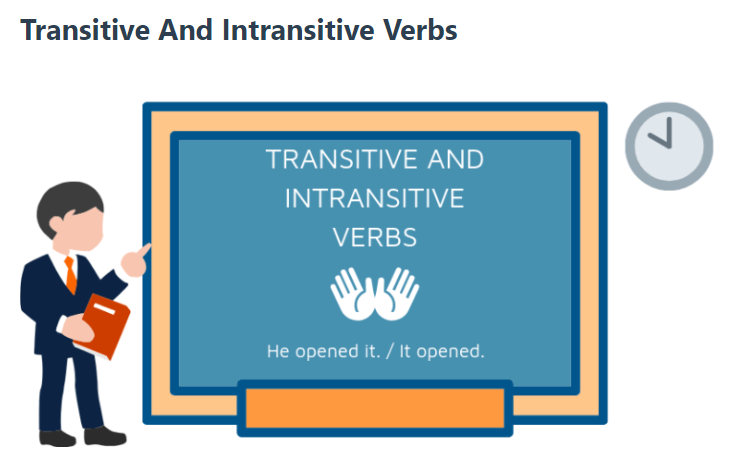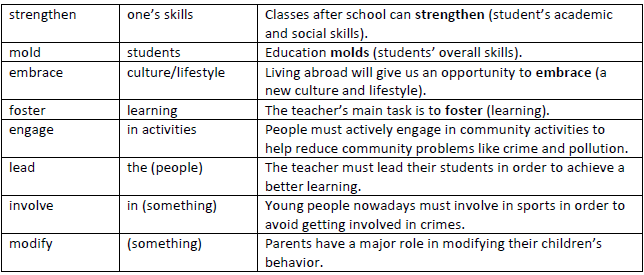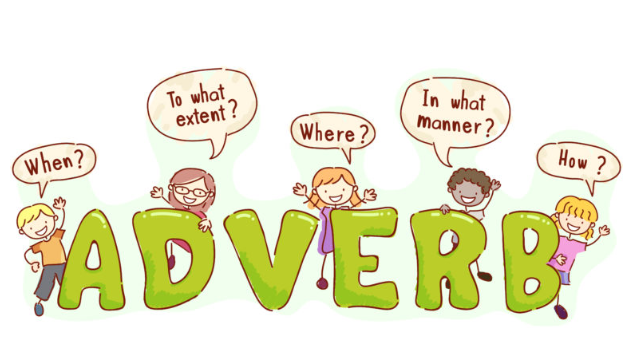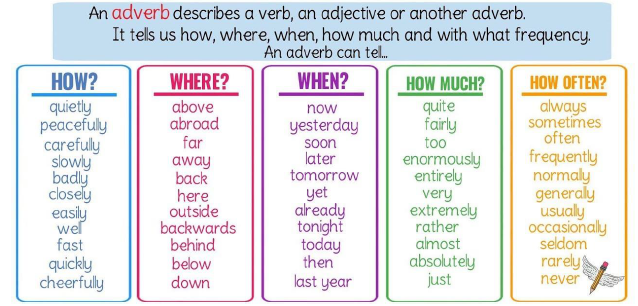IELTS Writing Task 2 Basic Adjectives 形容詞

形容詞(Adjective)とは、名詞を修飾するために使用する言葉を言います。
たとえば、“dog(犬)”という名詞だけではどのような犬なのかがわかりません。
しかし、“white dog” “big dog”といったように、“dog”の前に「形容詞」を付けるとどうでしょうか。“white dog” は白い犬、“big dog”は大きな犬という意味で、「形容詞」を付けることで、どのような犬なのかがわかるようになります。
つまり、「形容詞」とは、名詞がどのようなものであるのかという情報を追加するために
使用する言葉なのです。

book(本)はその寸法なら「大きな本/小さい本」、表紙の色なら「黒い本/赤い本」、
製造元なら「日本の本/海外の本」と言うことができます。
形容詞があるおかげで、私たちは特定の名詞の別の状態に対し、新たな語彙を作ることなく
それを説明すうことができます。
Engage: 形容詞を上手く使うことで文章のクオリティUP!
パラグラフ1と2を比較してみましょう。

パラグラフ 1
A number of people prefer to live in the city because getting a job is more available than in areas. The only drawback that a city life can bring is the lifestyle gives people a time to spend a conversation with their family. Living in the countryside, on the other hand, allows people to live a pace of life which encourages more life.
パラグラフ 2
A growing number of people prefer to live in the city because getting a decent job is more available than in rural areas. The only drawback that a city life can bring is the fast-paced lifestyle which gives people a little time to spend a meaningful conversation with their family. Living in the countryside, on the other hand, allows people to live a calmer and slower pace of life which encourages more social life.
Study: IELTS Writing でよく使われる 形容詞




